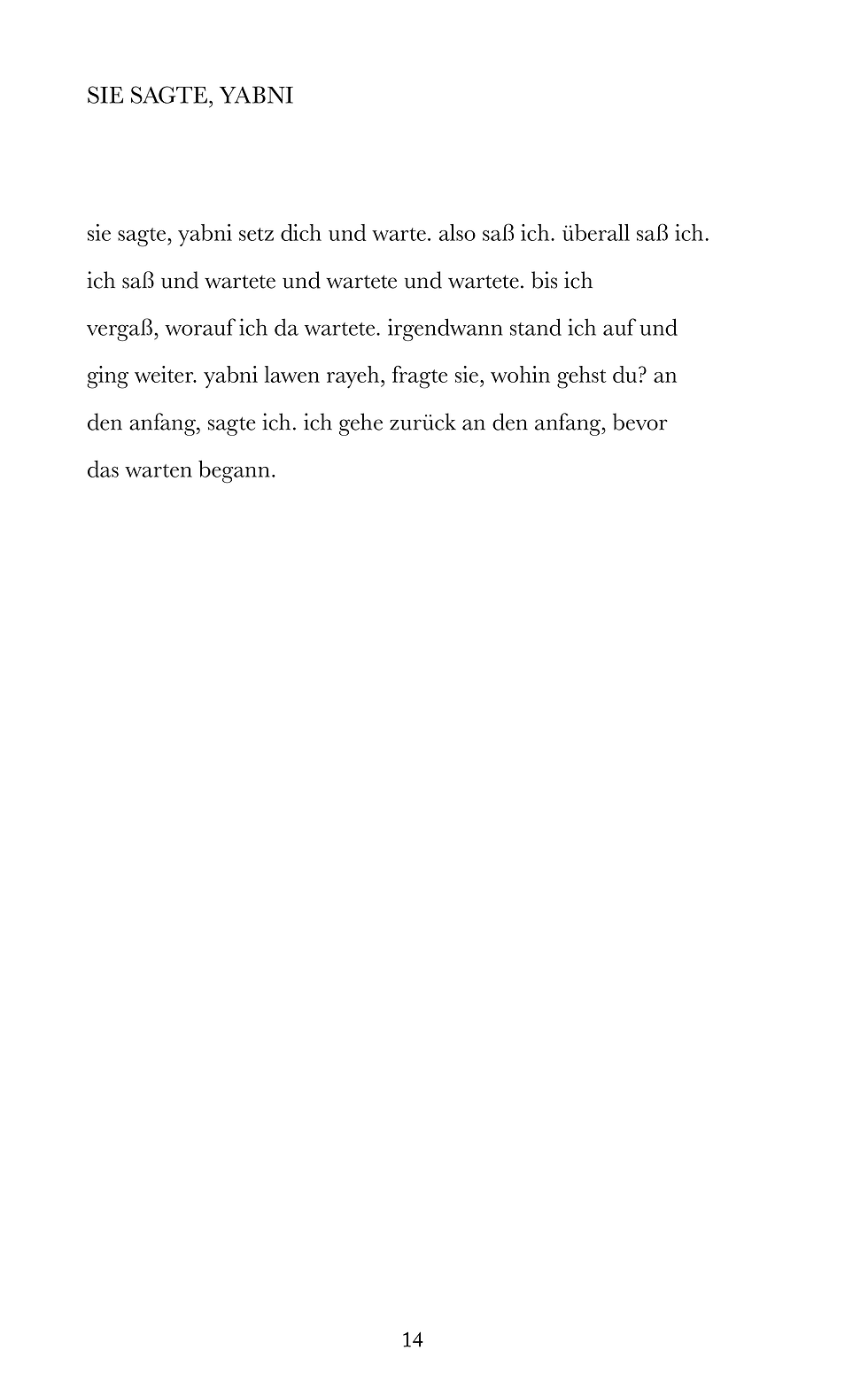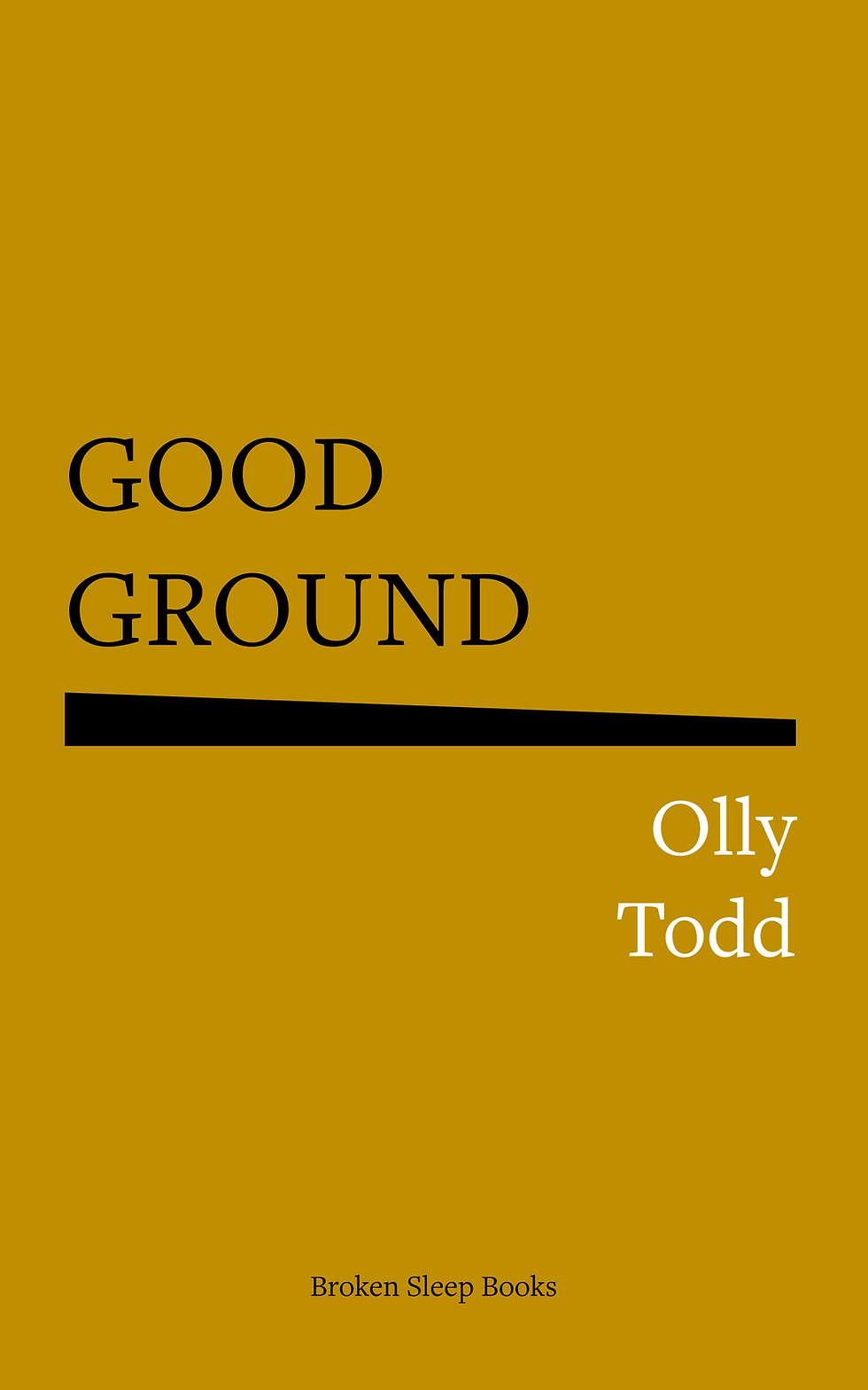Kansas City Gothic by Alex Tretbar is a hallucinatory, incantatory fugue of incarceration, addiction, and survival, written in jagged, recursive fragments that chart a psychic and political topography of the American Midwest. Structured around alternating ‘movements’ and ‘codas’, the collection draws from jazz, liturgy, and urban decay to form a syntax of rupture and return. Tretbar’s lines are elliptical, layered with allusion, attuned to the rhythms of memory and trauma. Across spaces of incarceration, punk houses, hospice beds, and poisoned landscapes, the voice moves with stark intimacy and formal invention. The result is a darkly luminous reckoning with violence, recovery, and the unstable ground between personhood and place.
PRAISE for Kansas City Gothic:
Alex Tretbar’s Kansas City Gothic simultaneously maps bodies full of hunger, full of longing, while engaging slyly and philosophically with enclosures and landscapes. Where at first the bodies feel either trapped in the carceral establishment or within their own addictive impulses, soon—through language—they give way to varied sites of being and creation. This preternatural legerdemain is accomplished through deft verbal dexterity that lives in form and breaks form. Outward hunger manifests and—ouroboros-like—turns back: “I saw in the concave calcium mirror / that I had become my own food / supply, self-cannibal: / a lidless eye of only pupil.” The magic of this poetry reaches beyond the speaker’s dense meditations on self to include engagements with others on the fringes, where the “you” proliferates to “represent three / or more discrete dead friends” as another speaker asks “what physical changes can I expect / to see when nearing death in the shadow / of dwarf’s owl clover and spruce”; here is a fierce ideological critique of America that is both fugue and toccata, where the poet holds up fractured mirrors to the self and the world. I have read nothing like Tretbar, nothing that combines the body politic with the body aesthetic. Kansas City Gothic is the beginning of a singular new voice in contemporary poetry.
— Charles Kell
In musical notation, a coda designates the final part of a piece. “But there is no finality here,” I thought as Alex Tretbar’s Kansas City Gothic devoured me. Music came to mind repeatedly: music and memory fashioned with an unrelenting, brilliant intensity. From the dialectic energy of the titling to his conceptual engagement of the Great American Songbook, Tretbar startles and stuns. He lyricizes the line break’s relation to time. He calls us into the aural texture of the carceral phone call—“the silence would just elongate, distend”—and blazes the contrast between “fast-food” and waiting for drugs or deliverance. Images strike the eye and ear simultaneously, as with the “cornflower blue I remember” and the use of reverse anaphora. The book you are holding contains one of the best sonnet coronas I’ve ever read; its flowers still shimmer and take up space in the crannies of my head. I can hear them, just as I hear Kansas City, the plains narrowing the horizon and marking the spaces where “every hello” is “preauthorized,” packaged by U.S. socialization, for the given material world includes the commodified emptiness that shines at its center. Tretbar’s critique of carceral systems feels almost Proustian: it is built into the alternating structure between “Movement” and “Coda,” redbricked into the longing for home, justice, and hope. There are so many ways to be destroyed by late capitalism. Tretbar’s poems admit this. Yet they resist all foregone conclusiveness in their insistent use of the lyric to reimagine hope and possibility. The stories we tell, the music (and muses) of self-narration, the treasured spaces kept secret in the landscapes which shaped us: all meet in these extraordinary pieces and poems. Truly astonished by the skill of these poems, and how intimately Tretbar’s hand knows the lyre it holds.
— Alina Stefanescu
ABOUT Alex Tretbar:
Alex Tretbar is a Midwestern writer and abolitionist. He is also the author of the chapbook According to the Plat Thereof (Ethel, 2025), and works in the Center for Digital and Public Humanities at the University of Missouri-Kansas City, where he is currently studying the archive of early issues of New Letters (1934-1951) and assisting with the Kansas City Monuments Coalition.
Alex Tretbar - Kansas City Gothic
Released October 31st, 2025
50 pages
5.25" x 8"
978-1-917617-38-3
RRP: £9.99 / $13.99 / €11.99































